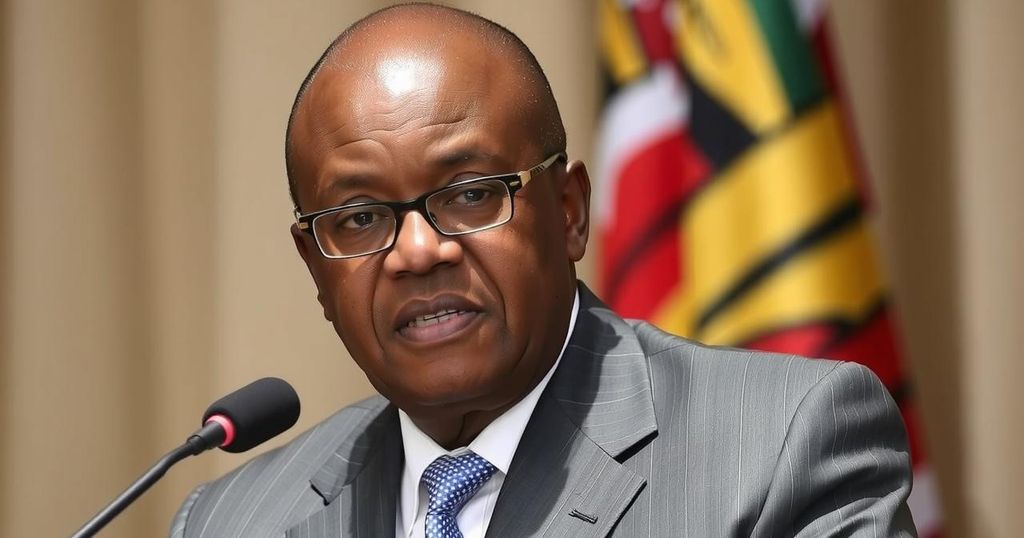Kenyan President William Ruto has pledged to stop the abductions of government critics amid growing accusations and a wave of disappearances linked to protests. While Ruto claims to address the issue, he has not acknowledged government involvement. Families of the missing and human rights activists remain concerned about the lack of accountability and ongoing state violence against dissenting voices in Kenya.
Kenya’s President William Ruto has recently vowed to address the alarming trend of abductions targeting government critics, marking a notable shift in his previous dismissals of such incidents, which he had characterized as “fake news.” Despite claims from Ruto and his administration that no abductions occurred, at least 82 critics have reportedly gone missing amidst a backdrop of protests against a controversial finance bill. Ruto’s recent statements, however, did not acknowledge any government involvement in these disappearances. Affected families continue to seek justice for their missing relatives, while criticism from human rights advocates intensifies against alleged government surveillance and abductions carried out by security forces.
In a gathering in Homa Bay, President Ruto declared his intention to “stop” the abductions, asserting that young Kenyans should live in peace while also emphasizing the need for discipline amongst the youth. His address failed to accept responsibility for the missing individuals, suggesting instead that parents must better care for their children. Activists and family members remain skeptical, citing previous incidents of disappearances linked to state agents and expressing concerns over authorities’ inaction. Ruto’s comments follow widespread claims of enforced disappearances during a period marked by increased protests led largely by youth unhappy with governmental policies.
This issue stems from a critical post-election climate in Kenya, where disillusionment has grown among citizens who once supported Ruto. The landscape of political dissent appears fraught with physical risks, as indicated by human rights activists like Bob Njagi, who has described his own harrowing accounts of abduction and mistreatment at the hands of security personnel. With numerous cases of missing persons unresolved, civil society organizations and family members fear that without systematic changes and accountability, state-sponsored violence and intimidation will continue to threaten freedoms of expression and dissent in Kenya.
The issue of enforced disappearances in Kenya has been exacerbated in recent months by a surge in protests against government policies, particularly a contentious finance bill. The protests have seen the active participation of youth groups mobilizing against a backdrop of economic challenges and a government accused of corruption. Amidst increasing discontent, reports of abductions of critics have emerged, raising alarms among human rights advocates regarding the state’s alleged role in these incidents. The government had previously denied these claims, framing them as misinformation intended to undermine its legitimacy.
In conclusion, President Ruto’s recent pledge to combat abductions of critics illustrates a significant pivot in response to rising societal pressures and evidence of state-sponsored violence. While his statements may offer some reassurance, skepticism persists among human rights advocates and affected families. The ongoing investigation into these disappearances and the broader implications for civil rights and freedom of speech in Kenya remain vital discussions as the country grapples with its political climate.
Original Source: www.cnn.com






